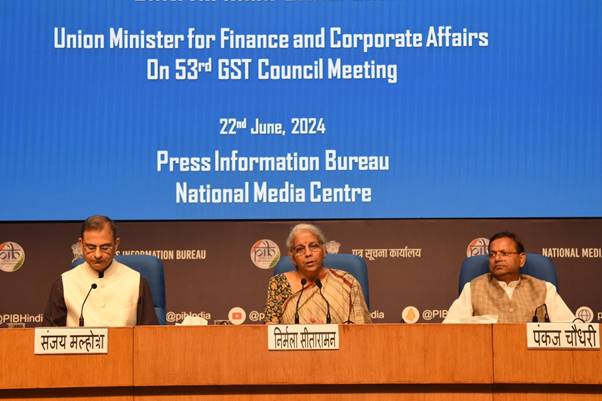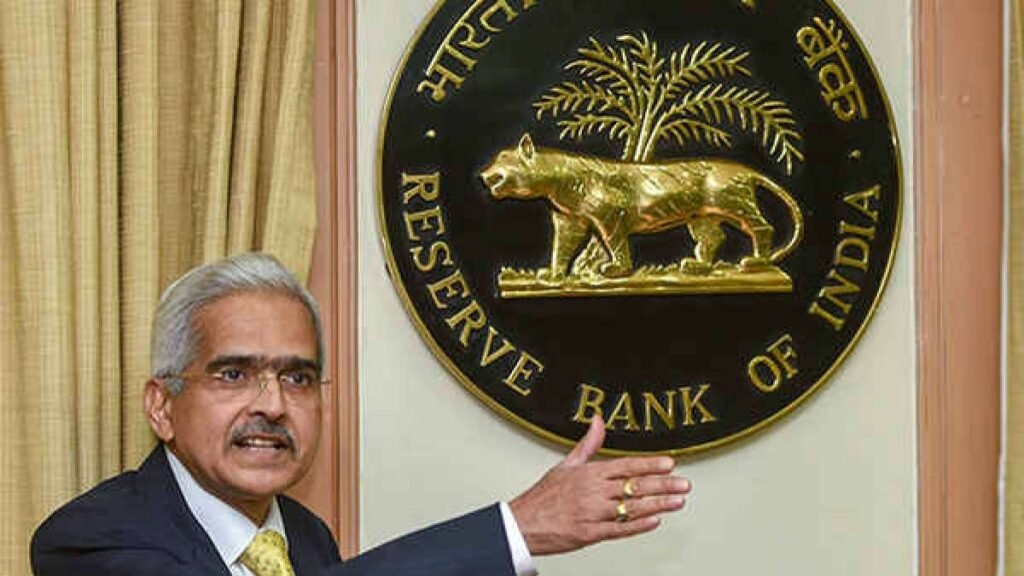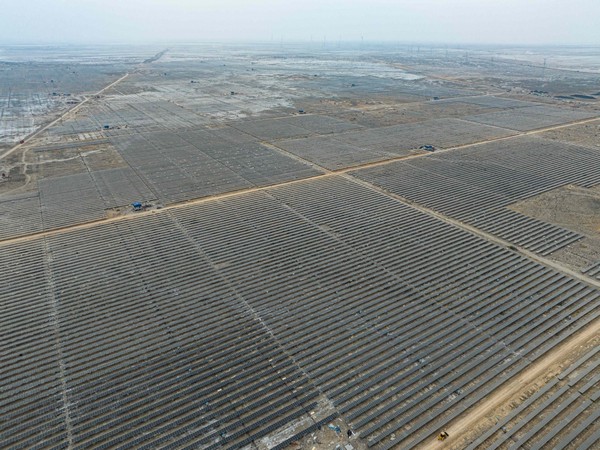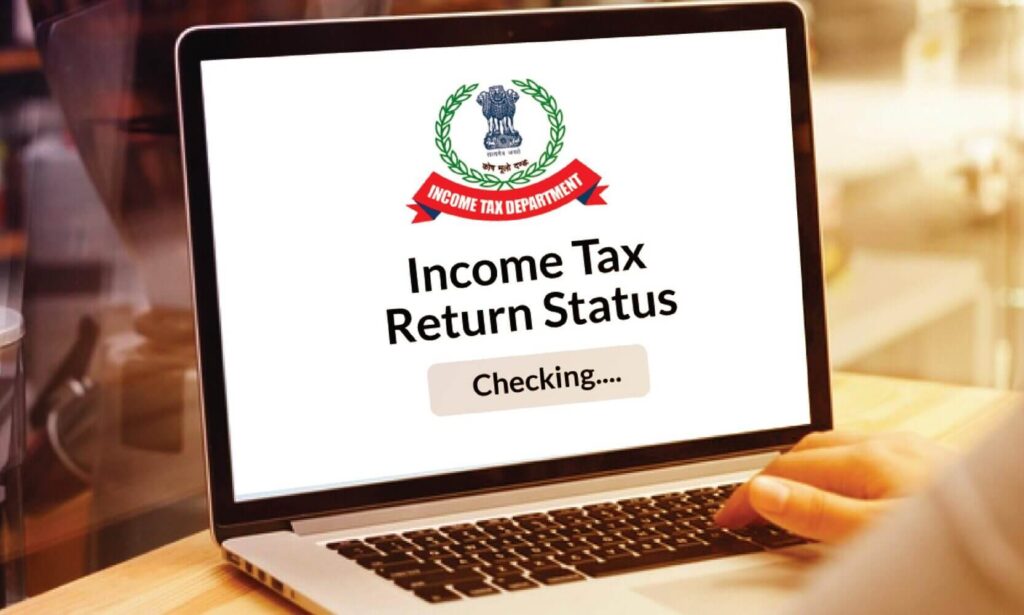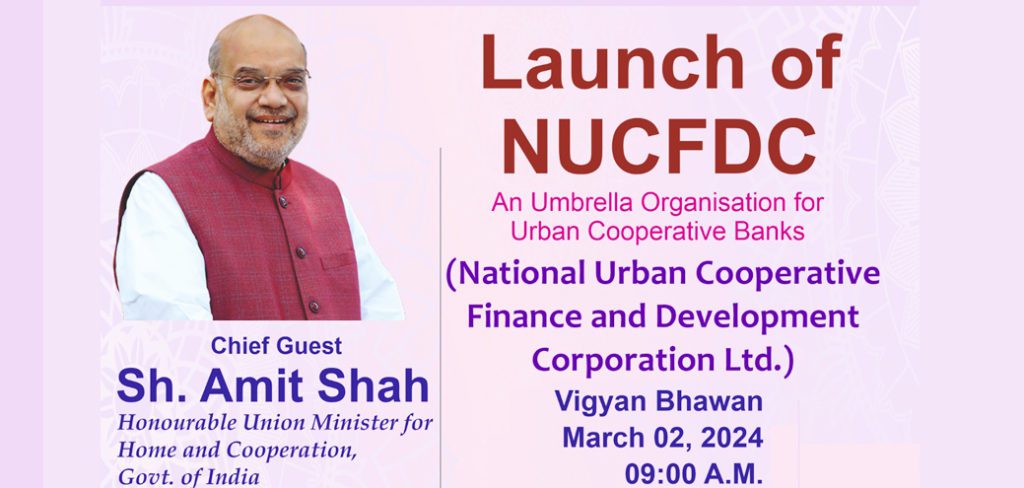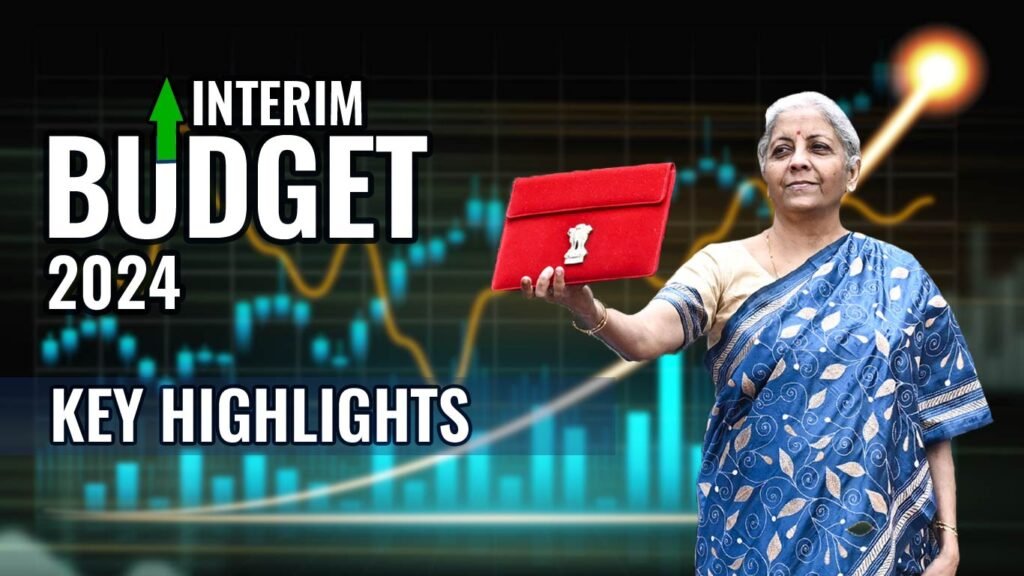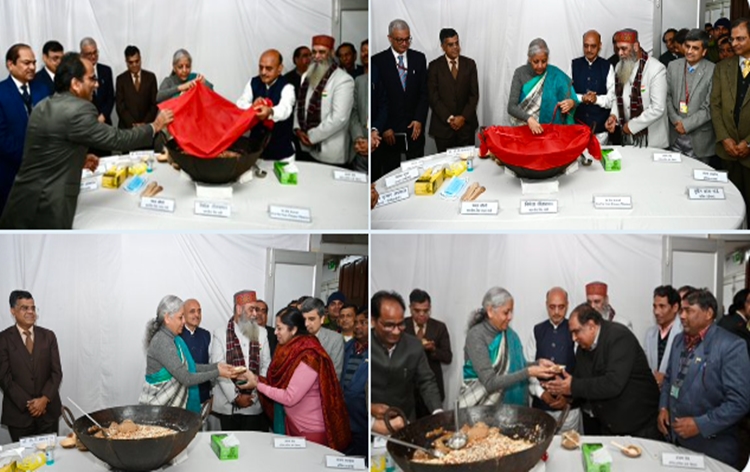53rd GST Council meeting held on June 22, 2024, in New Delhi
The 53rd meeting of the GST Council, presided over by Union Finance Minister Nirmala Sitharaman, took place at Bharat Mandapam in New Delhi on June 22 2024. The next GST Council meeting tentatively scheduled for mid to late August.
Decision’s of 53rd GST Council meeting,:
- Aadhaar-based authentication: The council decided to implement a phased rollout of Aadhaar-based biometric authentication for registration throughout India. This aims to curb fake invoicing and improve compliance.
- Tax rate changes:
- Milk cans: A uniform 12% GST rate was set for milk cans.
- Platform tickets: Platform tickets for railway travel will now be exempt from GST.
- Cartons: The GST rate on cartons was reduced from 18% to 12% to provide relief to apple farmers in Himachal Pradesh and Jammu and Kashmir.
- Relief for students: Hostel accommodation services with a monthly rent exceeding ₹20,000 will be subject to GST. However, hostels charging up to ₹20,000 per month will be exempt, providing relief for students.
GST Council in India:
Function:
- Established under the Constitution to oversee the Goods and Services Tax (GST).
- Acts as a joint forum between the Central Government (Union Finance Minister) and all Indian states and union territories (represented by their Finance Ministers).
Key Responsibilities:
- Decides on GST tax rates (currently 5%, 12%, 18%, and 28%).
- Determines exemptions for certain goods and services.
- Sets deadlines for filing GST returns and compliance procedures.
- Recommends changes to GST laws and regulations.
- Addresses revenue sharing between central and state governments.
Q: Who chairs the meetings of the Goods and Services Tax (GST) Council?
a) The President of India
b) The Prime Minister of India
c) The Union Finance Minister
d) The Governor of the RBI
Ans : c) The Union Finance Minister
The 53rd meeting of the GST Council, presided over by Union Finance Minister Nirmala Sitharaman, took place at Bharat Mandapam in New Delhi on June 22 2024.
Q. How many tax rate slabs are currently recommended by the GST Council (as of June 2024)?
a) Two
b) Three
c) Four
d) Five
Ans : c) Four
GST tax rates (currently 5%, 12%, 18%, and 28%).
